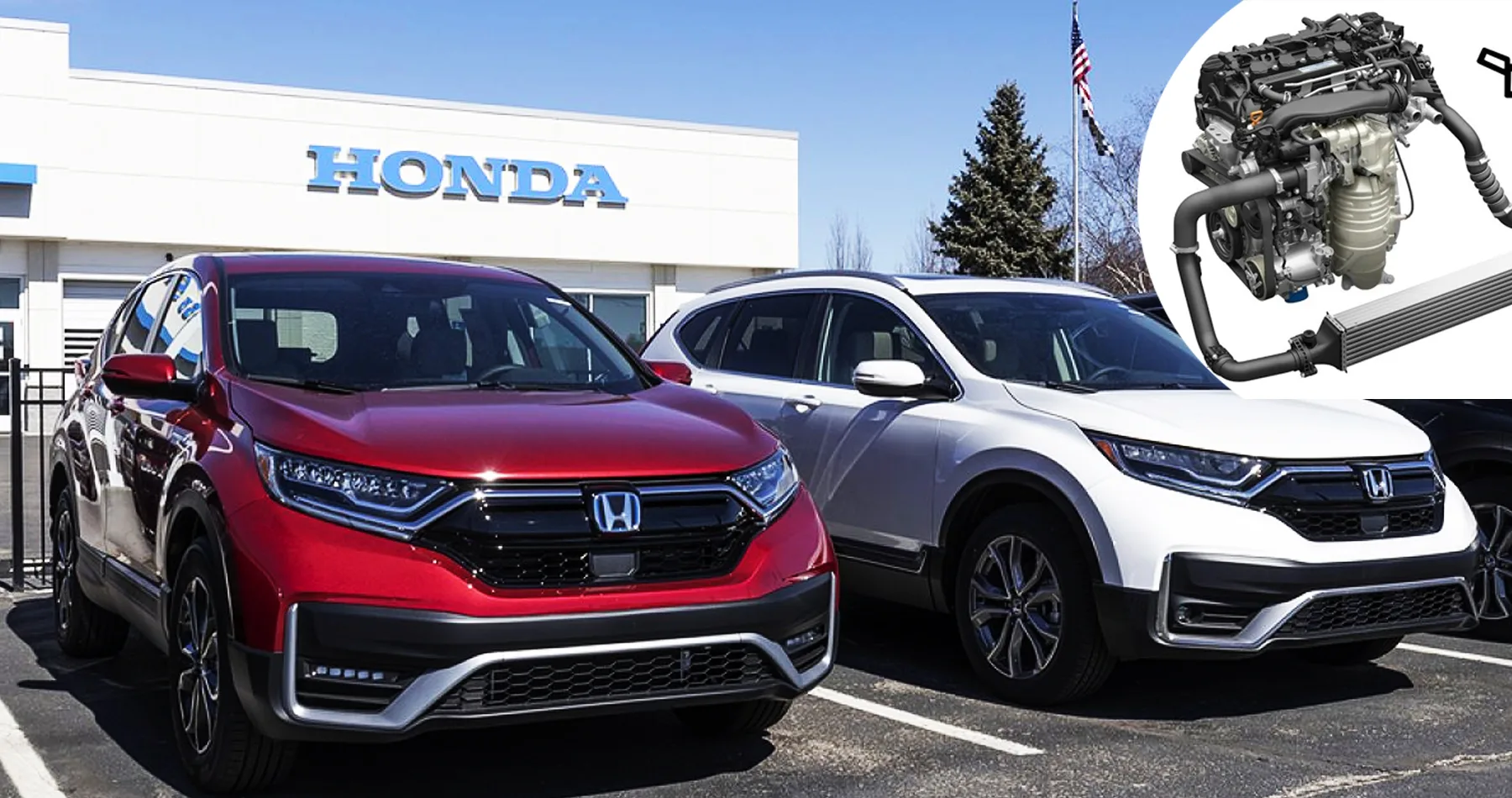Turbocharged engines have become increasingly popular due to their ability to deliver more power and torque from smaller displacement engines, resulting in improved fuel efficiency without compromising performance. However, as with any technology, there have been reported issues and concerns related to Honda’s turbo engines.
Introduction to Honda’s Turbo Engines:
Honda, known for its reliability and engineering prowess, introduced its turbocharged engines in response to the growing demand for more powerful yet fuel-efficient vehicles. The VTEC Turbo, a series of engines employing turbocharging technology, was Honda’s attempt to strike a balance between performance and efficiency. These engines, typically smaller in displacement but turbocharged to compensate, promised enhanced power output while maintaining respectable fuel economy figures.
Honda turbo engine problems-Under the Hood Drama Exposed
Despite Honda’s reputation for quality, some issues have emerged concerning their turbocharged engines. These problems have varied in severity and frequency across different models and engine variants, but some common themes have surfaced.
1. Oil Dilution:
Some Honda turbocharged engines have exhibited higher-than-expected oil consumption. While not universally reported across all models, this problem has caused concern among Honda vehicle owners, leading to increased maintenance costs and worries about engine durability.
2. Direct Injection Concerns:
A new set of difficulties has arisen with the shift to direct injection technology used in Honda’s turbo engines to improve power and fuel economy. Carbon build-up on intake valves, a common issue in direct injection engines, can affect performance and drivability over time if not addressed through regular maintenance.
Transmission and Driveability Concerns
In specific instances, turbocharged Honda vehicles have experienced transmission and driveability issues, including jerky shifts, hesitation, or a lack of responsiveness. These issues can affect the overall driving experience and lead to customer dissatisfaction.
4. Cooling System Challenges:
Turbocharged engines tend to generate more heat due to the increased combustion pressures. Some Honda models experienced challenges in managing this additional heat, resulting in overheating problems or issues with the cooling system. In extreme cases, this could lead to engine damage or failure if not addressed promptly.
5. Electronic and Software Glitches:
The operation of contemporary turbocharged engines significantly depends on electronic control systems and software. Issues related to electronic glitches or software malfunctions have been reported in Honda’s turbocharged engines, resulting in erratic behavior, check engine lights or even drivability concerns.
Honda’s Response and Solutions:
In response to these issues, Honda has taken steps to address and rectify the problems faced by owners of vehicles equipped with turbocharged engines.
1. Software Updates and Recalls:
Honda released several software updates and recalls to address oil dilution and related issues. These updates often recalibrate engine parameters to improve fuel management, reduce the likelihood of oil dilution, and enhance overall engine performance and reliability.
2. Improved Engine Design and Components:
The goal of ongoing engine design advancements and the application of modernized parts is to reduce issues with oil dilution, turbocharger dependability, and cooling system efficiency. Honda’s turbo engines have been updated with improved materials and redesigned engineering techniques to address these problems.
3. Customer Communication and Support:
Honda has maintained communication channels with affected customers, guiding maintenance practices and service bulletins and offering extended warranties or goodwill repairs to address issues related to turbocharged engines.
Honda’s venture into turbocharged engines signifies a shift toward more powerful and efficient vehicles. However, this move has not been without its share of challenges. The reported issues with oil dilution, turbocharger reliability, direct injection concerns, and electronic glitches have prompted Honda to actively address these problems through recalls, software updates, and improved design and component implementation.
While some owners have experienced these issues, it’s essential to note that not all Honda turbocharged engines are affected, and many drivers have had positive experiences with these powertrains.
